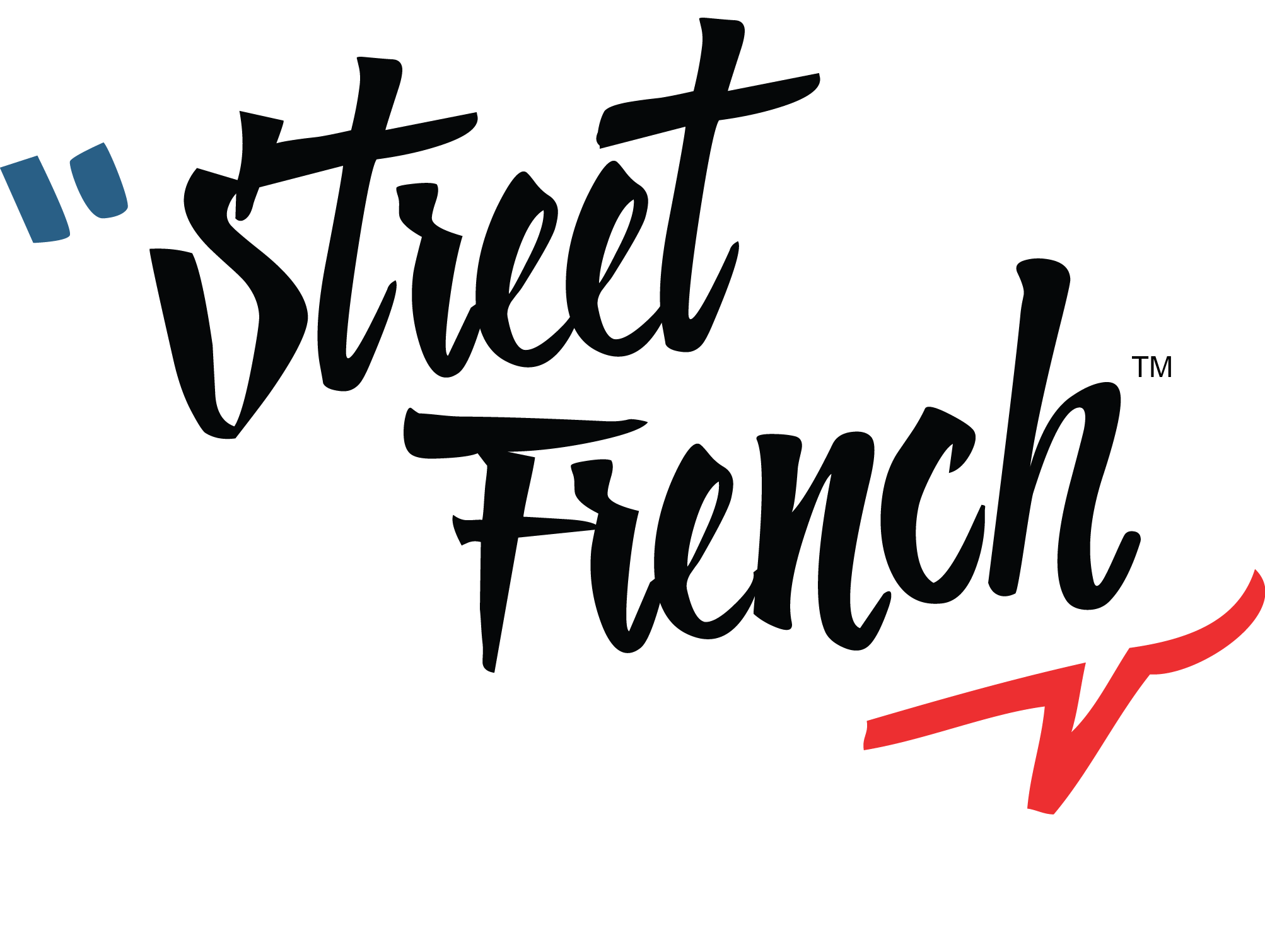✅ How to Tell the Gender of French Nouns 90% of the Time!
Bonjour !
Knowing whether a noun is feminine or masculine in French can be confusing and difficult but this once trick makes it so much easier:
If you can hear the final consonant of a noun, it’s usually feminine.
This will work 90% of the time as there are quite a few exceptions, but it’s better to get it right most of the time and just memorize the few exceptions to this rule.
Here are some examples of feminine words:
Tronçonneuse - chainsaw
Chaise - chair
Parole - word, lyrics, etc
Also notice how these words all end in -e, which is also another indication that a word is feminine. And that’s my thought process. If it ends in -e, you pronounce the final consonant, meaning it’s probably feminine.
Whereas in masculine words you typically can’t hear the final consonant:
Parrain - godfather
Chapeau - hat
Chien - dog
Again, there are a ton of exceptions: Parc, problème, lac, etc.
But when I’m speaking French, I want to think about less and focus more on the flow of the conversation. That’s why keeping this one thing in mind can be so valuable.
Some other tips:
If it ends in -tion, it’s feminine (and that word has the same meaning in English): nation, frustration, etc.
Words that aren’t French are usually masculine: skateboard, yoga, etc. (exceptions: pizza, wifi, etc.)
And here is a list of feminine and masculine endings if you’re interested:
Masculine:
-age, -ment, -il, -ail, -eil,-ueil, -é (but not té), -eau, -ou, -i, -at, -et, -ot, -er, -oir, -isme, -ing, -ard
(You’ll hear the final consonant, in -age, -isme, and -ard, but for the rest you won’t. Not bad, right?)
Feminine:
-tion, -sion, -son, -ure, -ude, -ade, -ée, -té, -ière, consonant followed by -ie, -euse, -ance, -ence, -ine, -ise, -alle, -elle, -esse, -ette
(Most of these end in -e, meaning you’'ll hear the final consonant)
As you can see, it’s a lot to memorize which is why I try to simplify it as much as I can.
And remember, getting the gender of a word wrong is one of the smallest errors you can make (I’ve even heard French people get them wrong, though rarely), so don’t let it paralyze you!
Just keep practicing French and enjoying the process.
Let me know if you have any questions
À bientôt !
-Charlie
